You’re getting married, you’re organising your vendors, and you’re at the point where you’re facing the classic conundrum that is working out whether you do or don’t want your day turned into a Hollywood film-set, and whether you are or aren’t going to be dragged away from your guests for 3 hours for a portrait session.
There’s no right or wrong way of going about your wedding portraits: the main thing is to look at a lot of images from a variety of photographers, and build up a vocabulary of photos that you connect with (Pinterest being one of the great ways of storing that vocabulary), and understand how and when the portrait session (or sessions) fit into your wedding day.
Here’s a few helpful little nuggets of joy that I’ve found useful in navigating all this:
1: Being honest with yourself about the importance of wedding portraits and what they mean to you.
First up, someones gotta say it: while being totally necessary, your wedding portraits are still, simply not the most important part of your day. Not by a long, long stretch! I say this as a photographer who adores that part of the day and invests a hell of a lot of personal energy into them, both on the day and at 1am in my editing cave in the weeks after. Your photographer should be able to advise on the ideal amount of time for them to get images up to the standard that you’ve fallen in love with on their website.
At the same time, they should be able to confidently make you great images, in a small window of available time. I’ve been in situations where 45 minutes have been allocated, and then rain has erupted, and that reduced to just 5 minutes because they wanted to get into the warmth of their packed barn and on to the beers.
That’s fair enough, I reckon! And a photographer should be able to confidently deliver you some glorious wondrous images, in that 5 minutes. While I personally recommend 30-50 minutes total to my couples, split across two parts of the day, I was able to work out what was important to do in that 5 minutes, work like a crazy-person and get them a beautiful set in just 5 minutes.
So, step back and ask your wedding photographer how long they recommend. Work out how long you’re prepared to spend and have a mutual understanding that on one hand its a beautiful window of calm where you get to be with just each other and on the other hand, it’s also precious time away from your guests.
2. From the USA, with love: the first look.
The first-look is still a little bit of an unknown out here in Australia. It doesn’t help that it’s name has this kind of scary grandeur attached to it. Let’s dispel a few myths, and look at a few of the positives.
The first look is, simply, a moment where you get to meet each other before the ceremony, and inhale a little bit of calm together. It doesn’t take off the magic of seeing each other in the aisle (if anything, it amplifies it).
It does give you the chance to make some portraits immediately after and reduce how much time is spent away from guests later on. Most folks often miss out on the canapés hour, of course there’s no right or wrong approach here, but personally, I’d want to be hanging around my crew for canapés! Remember you can still head out at sunset together, and get the best of all worlds.
3: Whatever the weather.
This is about having an all-in attitude. This is the test. How far are you willing to go for your portraits, in the moment? This is worth thinking about briefly ahead of time, as it can help you slip into the right state of mind on the day if the weather goes south.
There’s no right or wrong answer: but from a photographic point of view, the more risks you’re prepared to take (within reason), the more wild the photographs you’ll receive will be, and fitting to that particular moment.
Maria and Ingo leapt out into rain and rainbows for their wedding in Tuscany, and I think it was worth every second of that 1-2 minute sprint. Us photographers are a weird bunch, and you can probably always consider us up for running out in a hail storm to get the best shot, so this is really just for yourselves to consider.
The worst thing that can often happen is a bit of dirt on your dress and water in your hair. So get out into the rain, make some wild photos, then load up on some whiskey. That’ll get you warm again.
4: Light, and a variety of it.
It’s taking every ounce of strength for me to say this, but, when it comes down to it, there’s no such thing as bad light, only bad photography. Us photographers – we might moan and groan about overhead sunlight (I certainly do!), or about harsh green fluorescent light, and there’s some truth in there being something extra special about sunset, twilight, and all that jazz.
But, this is really important: your photographer should be, first and foremost, a problem solver.
There’s no such thing as bad light – only light that might make them uncomfortable. And if they’re good at their job, they’ll be able to work through that discomfort, solve the challenge of whatever the lighting situation is, and still be able to deliver you magnificent images, and be comfortable in solving problems caused by un-ideal lighting.
The photo of Anna above, is against a harsh fluorescent LED light in the venue entry-way. After the sunset shoot, this ended up being the perfect light! A lot of what makes this image work was about carefully bringing it to life in post-production, but a photographer should be able to see great opportunity and know what to do with it. Mix up the indoors, with the outdoors.
This photo of Ryan & Alan above, was shot in the middle of the day in the harshest light. By finding a nearby canopy, we bounced beautiful full light from a lake in front of them, onto them.
Hannah & Ben, captured at the majestic Mt Sturgeon Homestead, in a similiar setting to Ryan & Alan.
With all of that said, I’m still a big believer in crafting the optimum scenario where possible: your photographer will be able to work with you on your timeline and styling to offer any advice to make things that little bit more magic for both your guests and your images.
I’m no stranger to being asked about festoon arrangements, or timings for portraits. Put your faith in your photographer and ask if they have any suggestions. Chances are, we’ve got a brain full of ideas that we’re willing to share, all in the name of getting you the best wedding photography.
Try and prioritise at least some of your portrait shoot later in the day, around sunset and into twilight. This is when the dance of light does some especially magic things.
Sunset in Sydney with Jane & Michael.
Twilight in the Blue Mountains with Sarah & Simon.
5: Do the hard work on the back-end, not on the front end.
Like every area of your wedding, you want to do the hard work on the back end, not the front end. What this means is connecting with caterers, stylists, and photographers you feel you can trust, so that on the day you’re not having to intervene. This is especially important with photography. A shot list can hinder your photographer, and take them away from doing what we do best: which is being responsive to unfolding moments.
Don’t meet a million vendors for each category, meet a few and spend time with them. Make sure you get those little bells of trust ringing that tell you they’re the one. And then let them do what they do.
Because the best portraits – the ones you’ll print and find yourself sending to everyone – fundamentally come out of ignoring nearly everything I’ve written above, and enjoying a couple of carefree windows with a photographer you feel entirely comfortable with, wherever they end up being taken.
These are a fun couple of portraits to close this article up – because this should all be, well, fun!
Ms Zebra Says: This is such a great article explaining everything photography!! It’s such a major part of the day and really part of your memory bank forever – so, it’s important to be informed and connect with the person who will be responsible for those amazing memories living on.
About Briars Atlas Photography: Briars Atlas photographs love and ritual from America to Antarctica, and is an advocate of cutting sandwiches into triangles over rectangles. Away from weddings, he experiments with and writes about the future of analogue, and runs workshops on creative-thinking worldwide.


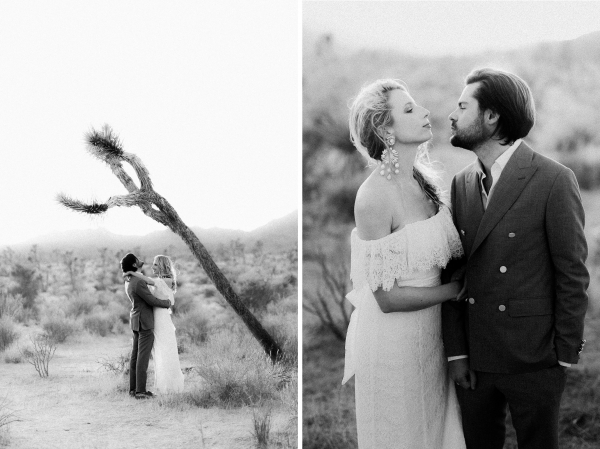
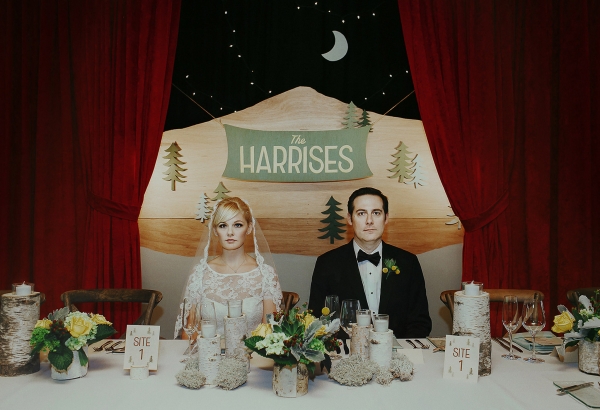
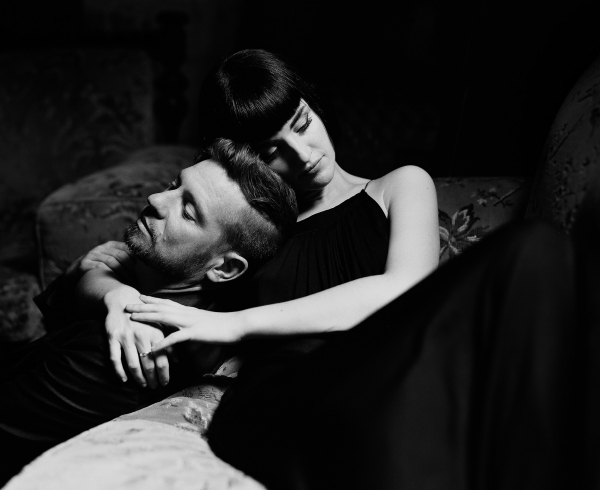
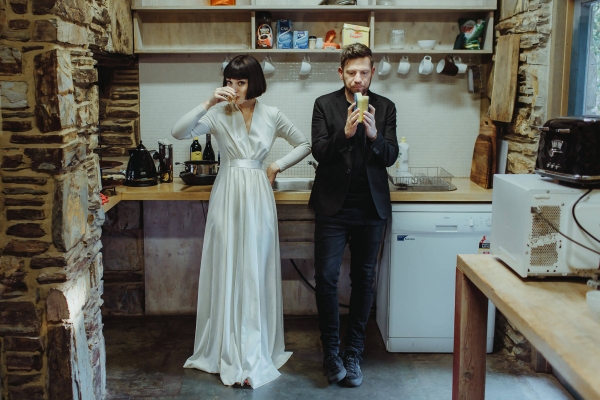
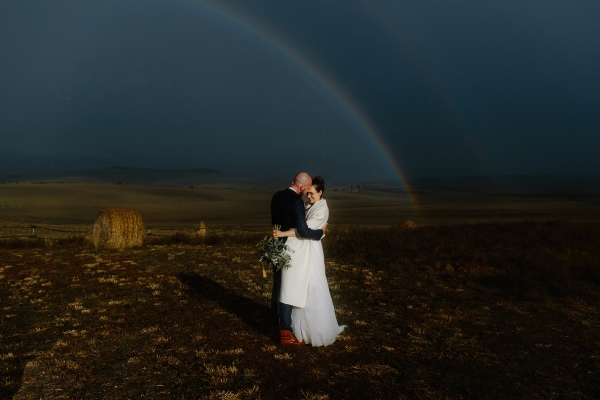
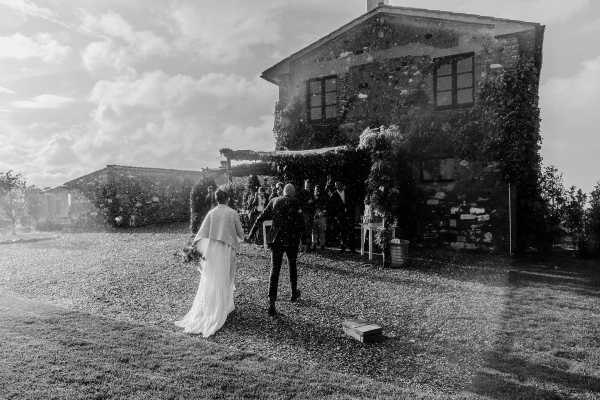
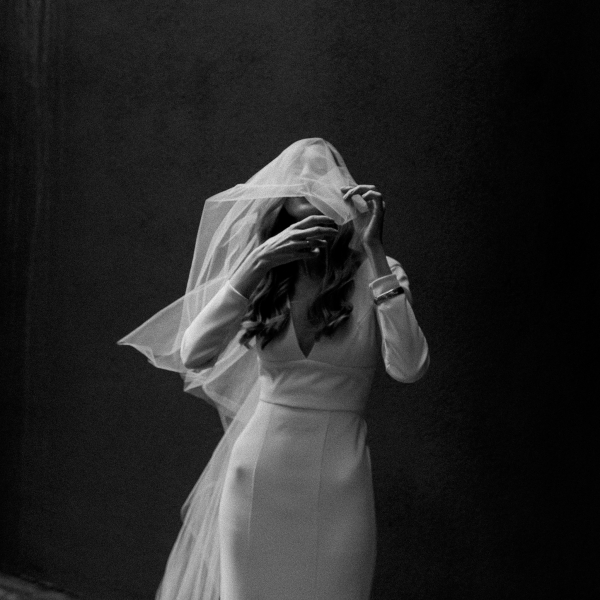
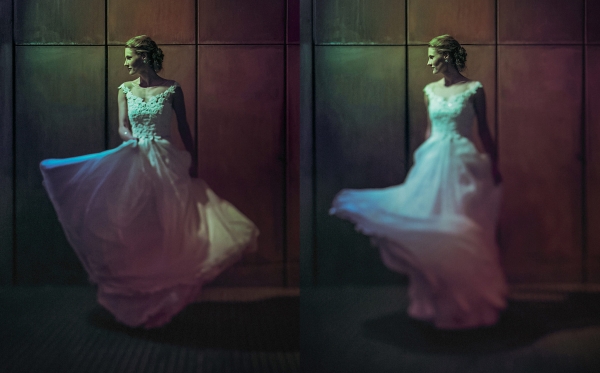
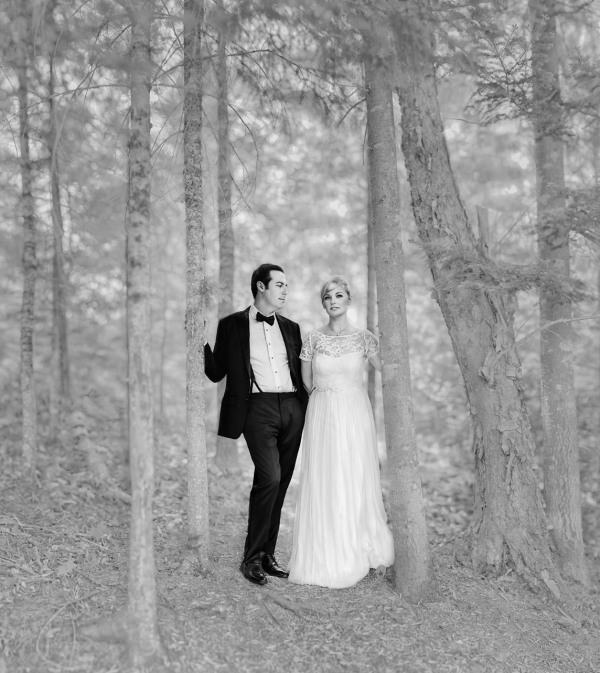
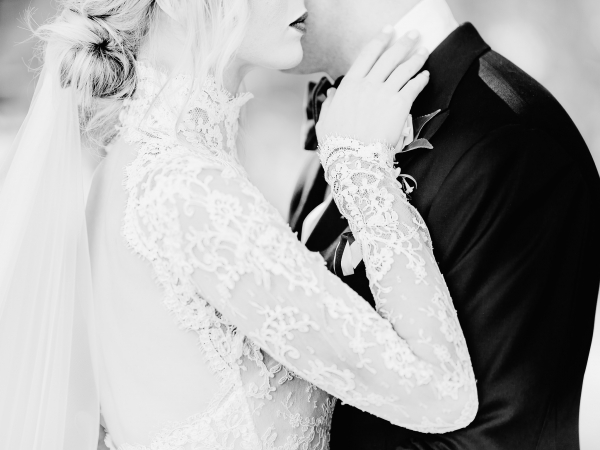
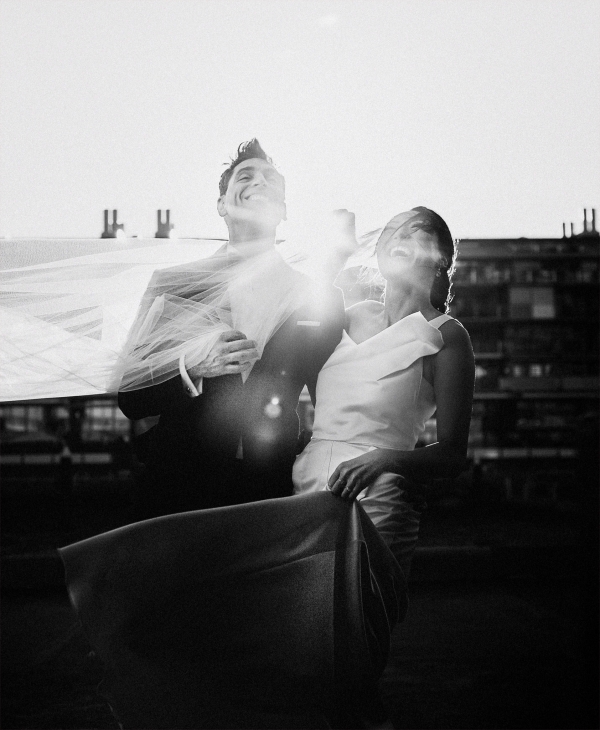
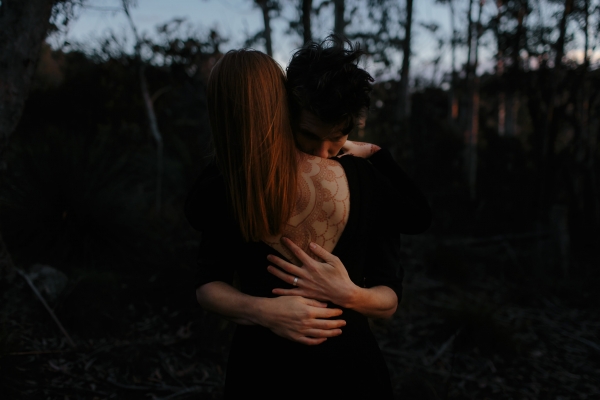
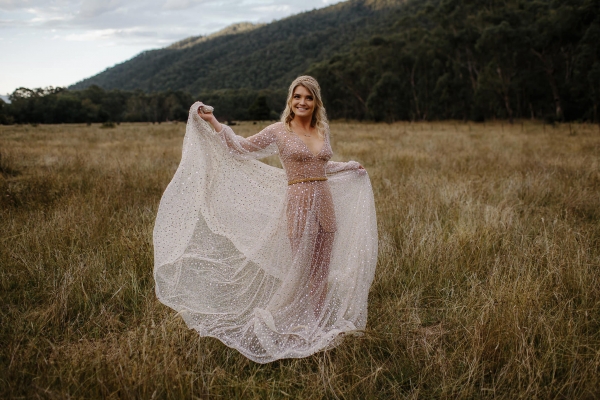
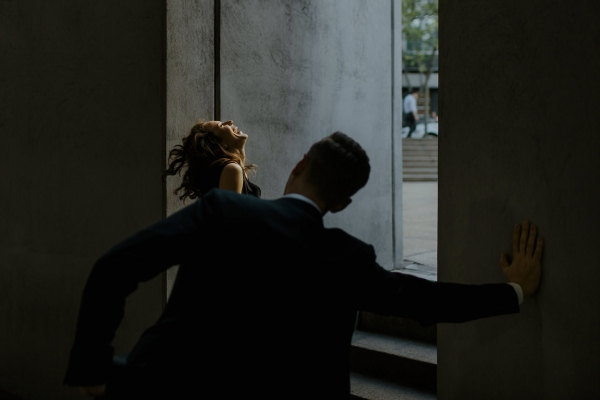








Join the conversation